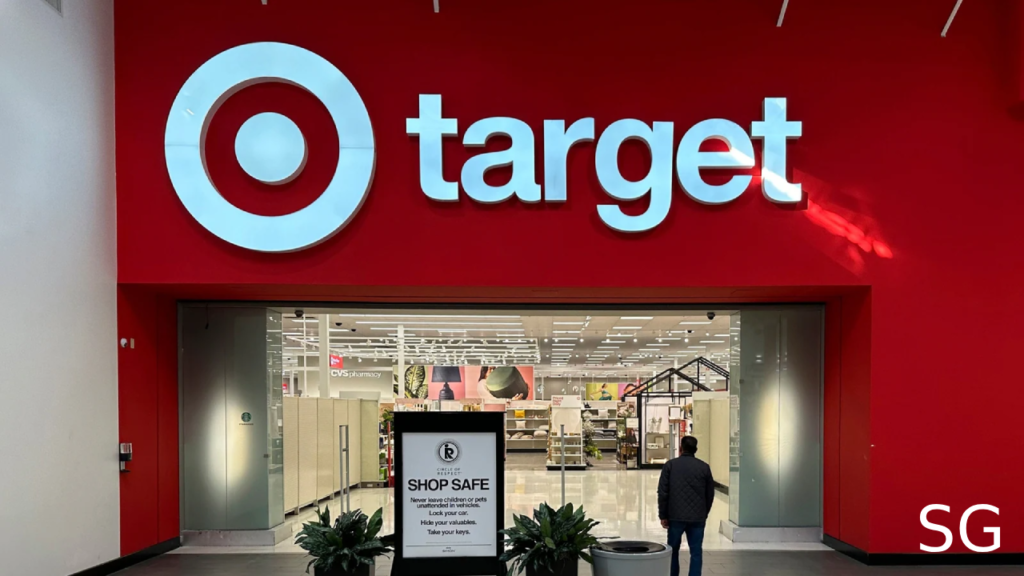Table of Contents

Target Faces Backlash Over Decision to End DEI Efforts
Boycott Calls and Community Concerns
Target’s announcement to end its diversity, equity, and inclusion (DEI) initiatives has sparked backlash. Labor advocacy groups and a Minneapolis city council member have called for a boycott of the retailer, aiming to hurt sales and challenge the company’s decision. However, Black-owned businesses and entrepreneurs warn that a boycott could harm minority-owned brands more than the retailer itself.
Black Entrepreneurs Urge Strategic Spending
Many Black founders, whose products are sold at Target, are urging consumers to avoid boycotting. They emphasize that their businesses rely on the retailer’s visibility and sales. Actress Tabitha Brown, whose kitchenware is sold at Target, expressed concerns about the negative impact a boycott could have on their businesses.
Entrepreneurs like April Showers, founder of Afro Unicorn, advocate for strategic spending. They encourage consumers to support Black-owned brands at Target to ensure their products remain successful, emphasizing that strong sales will keep these items on store shelves.
Risks for Black-Owned Brands
Black-owned brands fear losing their foothold in the retail giant’s nearly 2,000 stores if sales decline due to a boycott. Founders have pointed out that if products don’t sell, Target may remove them, leading to a loss of exposure and growth potential. Many entrepreneurs note that Target provides access to millions of shoppers that smaller businesses cannot achieve independently.
Target’s DEI Commitments
Target had previously committed to spending over $2 billion with Black-owned businesses by 2025, as well as including more than 500 Black-owned brands in its stores. The company has stated that it is on track to meet these goals, but its recent decision to end broader DEI efforts has raised concerns about its dedication to inclusivity.
Changing Corporate Climate
The rollback at Target reflects a broader trend among U.S. companies, including Walmart and McDonald’s, who have recently scaled back DEI initiatives. These moves come amid political shifts, including the Supreme Court’s decision against affirmative action and debates about the value of DEI programs.
A Break in Trust
Critics of Target’s decision argue that it betrays the trust of customers who supported its inclusivity efforts. For many, the retailer’s initiatives symbolized a commitment to fostering diversity in its workforce, suppliers, and customer experience.
Balancing Consumer Action and Business Growth
While some critics suggest buying directly from Black-owned businesses to support them, many founders emphasize the importance of maintaining their presence in large retail stores. They argue that mass retail partnerships provide unparalleled opportunities for growth and visibility, which are critical for long-term success.
In light of Target’s decision, the conversation around DEI, consumer advocacy, and corporate responsibility remains ongoing, highlighting the need for strategic and thoughtful approaches to fostering inclusivity and supporting underrepresented communities.
“Target Faces Backlash Over Decision to End DEI Efforts” “Target Faces Backlash Over Decision to End DEI Efforts” “Target Faces Backlash Over Decision to End DEI Efforts” “Target Faces Backlash Over Decision to End DEI Efforts”